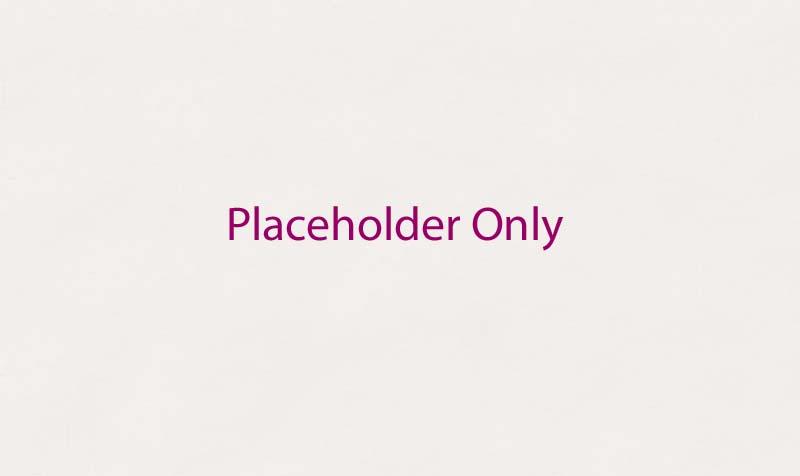Translation / Interpretation / Caption Text / Source
Pro-Israeli Posters Stir Debate
Arab Students Concerned Over Groups' Flyers
Source:
http://www.thecrimson.com/article/1988/3/10/pro-israeli-posters-stir-debate-pa-student/
By SPENCER S. HSU
Published: Thursday, March 10, 1988
A student group distributing a series of pro-Israeli posters on campus has added to the controversy at Harvard over the continuing conflict between Palestinian rioters and Israeli troops in the West Bank.
The Harvard-Israel Public Affairs Committee (HIPAC) has been posting one-page sheets, entitled "More facts to think about," at more than 50 campus locations since mid-February, said Joseph Enis '90-'91, the committee's chairman. HIPAC, a branch of a conservative national lobbying group, operates at Harvard under the auspices of Hillel.
Enis said the sheets carry information to counterbalance what he called the biased portrayal of Israel in the national press. Three issues of the leaflet have been distributed.
"One of the things we're concerned about is the leaving out of relevant facts in the press," said Glen I. E. Schwaber '91, who drafted the flyers. Schwaber said extra information was needed to provide "context" for the news presentations of violent Israeli military action in the West Bank and Gaza strip.
But Adam A. Sabra '90, president of the Society of Arab Students, called a portion of the posters' content "almost racist."
He criticized a statement on the poster dated February 22, which reads, "The shattering political conflict in Lebanon has demonstrated Arab intolerance toward non-Islamic religious groups in the Middle East and the impossibility of a [Palestinian Liberation Organization]'democratic, secular state.'"
Sabra said the statement implied that all Arabs were Islamic and that they could not run a democratic government.
"It's really an attack on people's civil liberties," he said. "They have a right to disseminate their propaganda, [but] I think if anybody said this of any other group there would be an enormous torrent of disagreement."
"My first reaction was anger," said Dina N. Abu-Ghaida '91. "The next reaction was frustration because I thought `What has to happen for them to understand us?'"
Abu-Ghaida, whose parents are Palestinian, said she had hoped the recent uprisings would shed light on the Palestinian dilemma as "a real problem that has to be confronted now," rather than a historical dispute. She added that she had hoped the riots would inspire various campus groups to discuss the issues, but instead, she said they will now "only be sending out fact sheets at each other."
"Yet again," Abu-Ghaida said, "the Jews and the Arabs seem not able to talk to one another."
HIPAC officials said they had received little or no comment about the posters from Jewish students. But some members of the liberal Jewish-Arab Dialogue Committee, an independent undergraduate discussion group, said the posters contain "skewed" information. One member called some points "disputable." Abu-Ghaida and Sabra also belong to the group. Ellen L. Chubin '90, a member of HIPAC and associate chairman of Hillel, said the group expected the posters to provoke "intelligent discussion," and that they had hoped to hear students' comments on them
To The Editors of the Crimson: We are submitting this open letter to the Society of Arab Students, in response to Spencer S. Hsu's article, "Pro-Israeli Posters Stir Debate. We feel that it is relevant, not only to the Arab students, but to the Harvard community at large. We, a group of concerned Jews and Zionists and members of Harvard Hillel's HIPAC committee, have been posting fact sheets not to enrage or frustrate you. Rather, these flyers show people that what we see on TV often lacks relevant facts. We are sorry that a statement in the second fact sheet offended you. We in no way intended the quotation to imply that all Arabs are Islamic. Similarly, the statement did not doubt Arab ability to run a democratic government, but rather called impossible a "Palestinian Liberation Organization 'democratic secular state.'" We apologize for the poor wording of the remark. Again, the purpose of these pamphlets is not to promote controversy or stifle debate, but to encourage meaningful intellectual discussion on the subject. In this respect the fact sheets are already showing signs of success, as attested to by the title of the Crimson article, "Pro-Israeli Posters Stir Debate." The present situation has evolved from the conflicting national aspirations of the Jews and the Palestinian Arabs. In 1947 the UN partition plan provided a homeland for the Palestinians. Unfortunately, Egypt and Jordan occupied Gaza and the West Bank until 1967 at which time Israel took over these territories and part of the reponsibility for finding a long-overdue homeland for the Palestinians. Yet no simple solution exists. While we cannot expect Palestinians to live in another Arab country, neither can we expect Israel to relinquish the occupied territories without guarantees of peace from its Arab neighbors. As responsible Jewish and Arab students, we have the duty to engage in constructive dialogue. We openly invite you to join us to exchange views, participate in a forum, and work together to better understand each other's positions. Glen I.A. Schwaber '91 "10 facts a week" Coordinator Jospeh Enis '91 HIPAC Co-Chairman Laura E. Fein '91 HIPAC Co-chairman
Artist / Designer / Photographer
Year
1988
Wellspring
Special Collection
Language
English
Credit/Provenance/Source
Published In
Duplicates
0
Status / Acquisition Goals
The PPPA seeks a better JPEG of this poster
The PPPA has only the low resolution digital version of this poster featured
The PPPA seeks more information on this artist/poster/graphic/publisher

